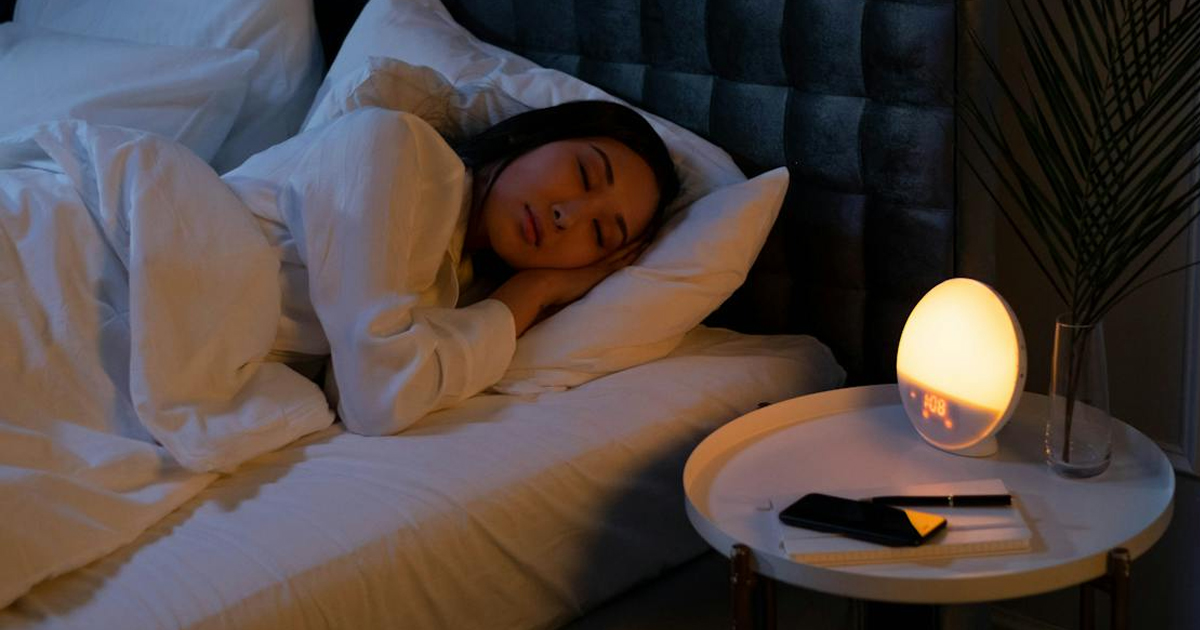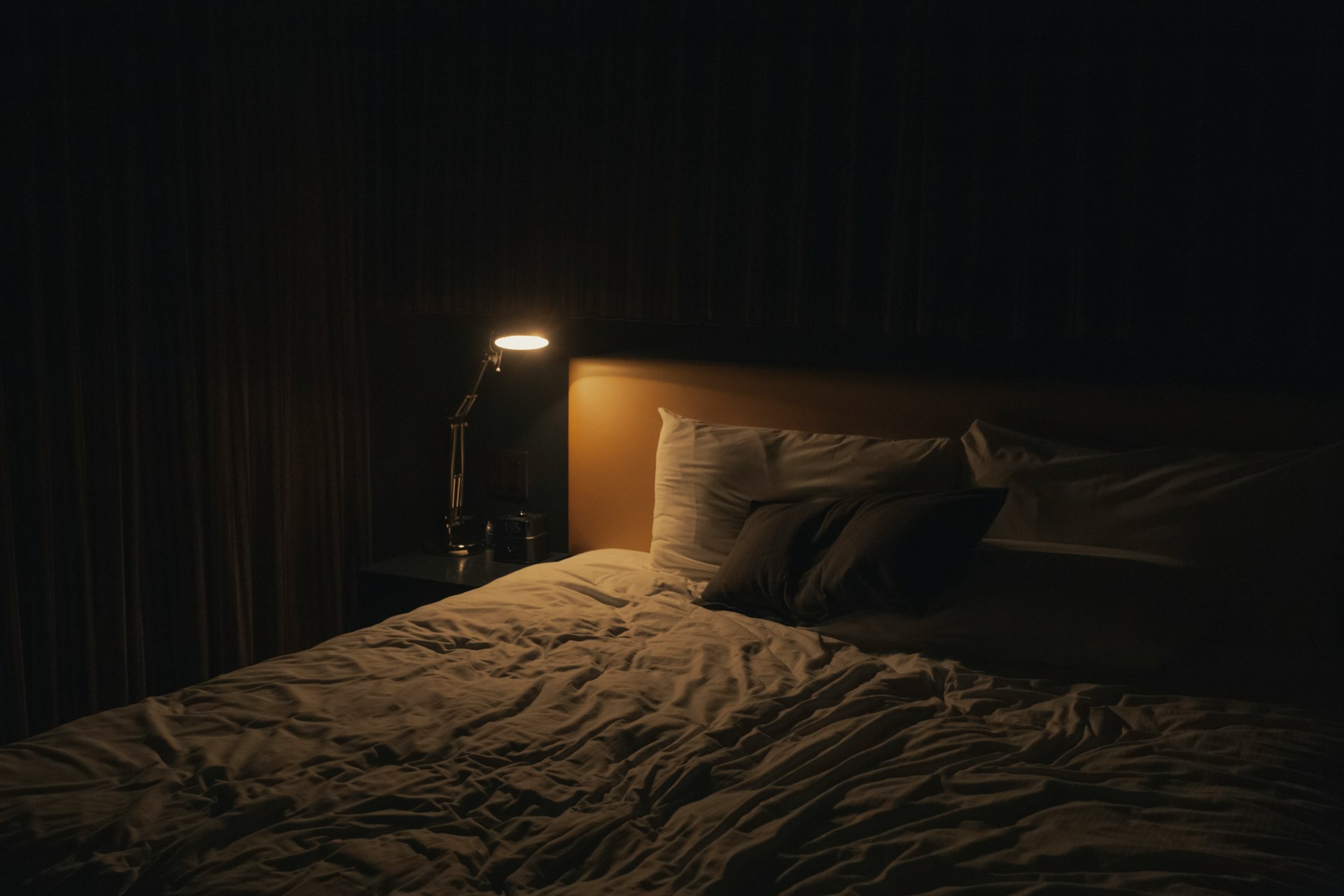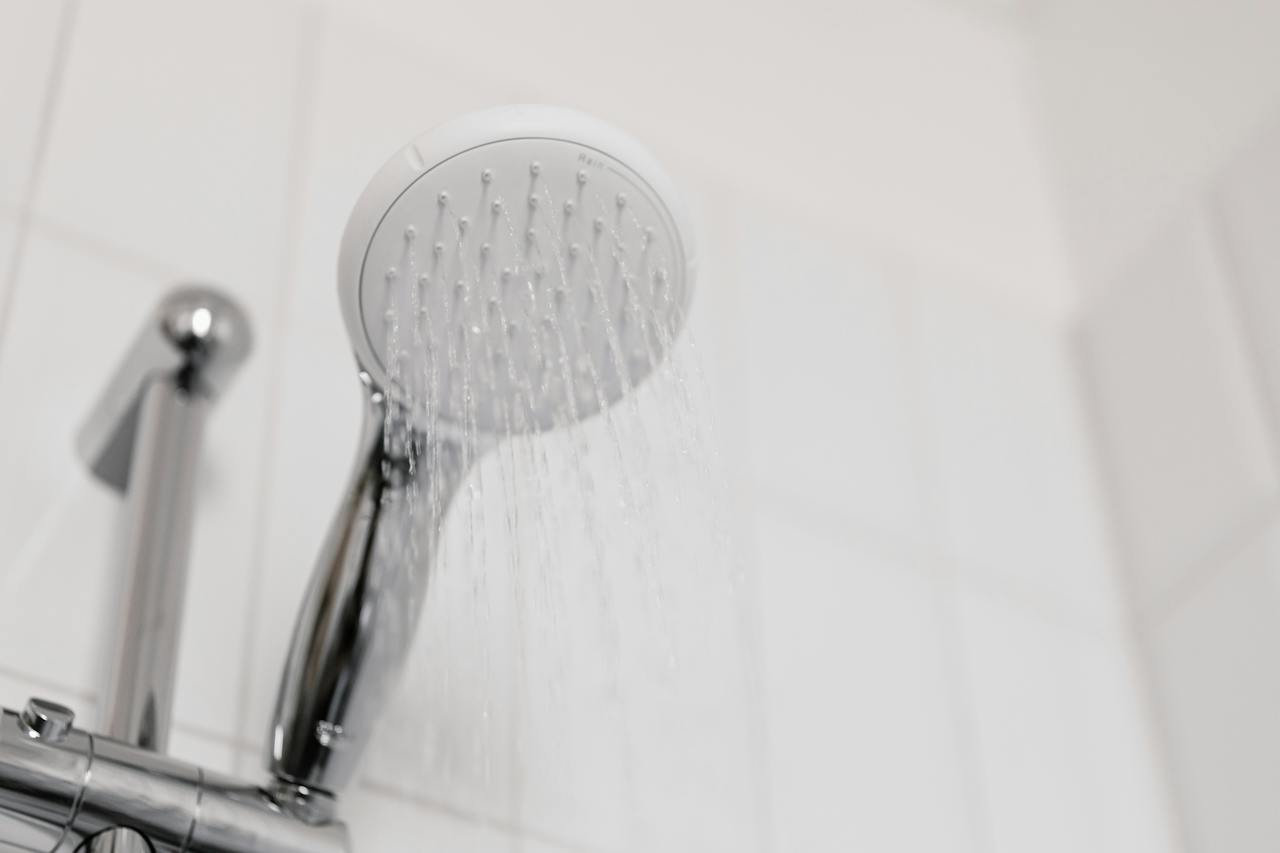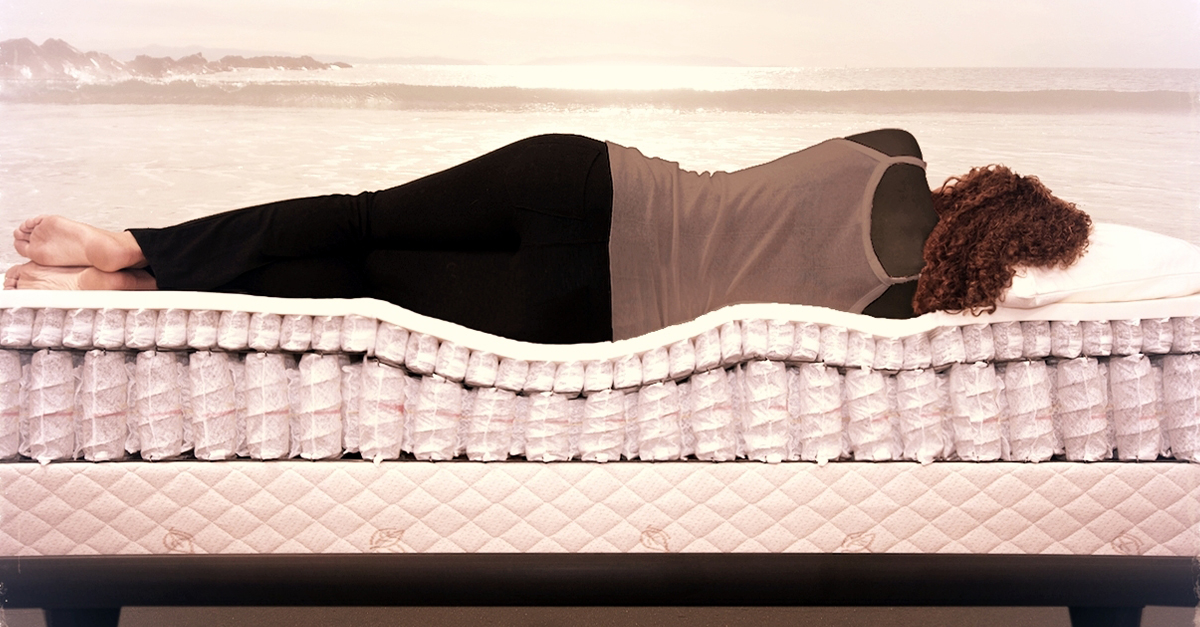Getting a decent sleep can be quite a challenge. In today's society, the value of sleep is often overlooked, with many of us prioritizing our waking hours over our sleeping hours. There seems to be this dominant assumption that our waking hours are the most productive times of our day. However, science has proven that nighttime is actually the most critical period, as it is the best time for us to get the sleep we need to recover from our daily stresses and generate enough energy to face a new day. Learning to embrace a more conscious attitude to sleep could be the cure for groggy mornings and sluggish afternoons. Here are 10 useful strategies for improving the quality of your sleep.
Make Your Bedroom A Sanctuary
Convert your bedroom into your primary place of peace. You want it to be a place where calmness takes over and the day's stresses fade away. You can transform the space by choosing calming hues, investing in cozy bedding, and getting rid of any electronics that emit stimulating blue light. Also, avoid keeping your room messy—getting rid of the clutter in your bedroom can help ease your mind and remove that potential stressor from your subconscious. Obviously, the more relaxed your body and mind are, the quicker and easier it will be for you to fall into a deep sleep.
Stick To A Regular Sleep Schedule
Sleep is like an intricate dance—certain routines are contingent on performing the choreography consistently, and your body yearns for consistency too. Start by establishing a regular wake-up time and bedtime, including on the weekends. This promotes both natural wakefulness and sleep by regulating your body's internal clock. Perhaps one of the most important elements of sound sleep in the long term is this consistency.
Mindful Pre-Sleep Rituals
Make it a habit to practice pre-sleep rituals at the same time every night. These routines, which can include light stretching, enjoying a warm cup of tea without caffeine, or reading for pleasure, let your body know that it's time to unwind. It's important to avoid looking at your phone and avoid digital noise for at least one hour before going to bed so that your mind can settle into a restful sleep.
Keep Things Dark And Cool
Two important elements of good sleep are temperature and darkness. You should maintain a comfortable temperature in your bedroom—ideally between 60 and 67 degrees Fahrenheit—and also get blackout curtains to block out any harsh light. When your body is cool and there is no light streaming into your eyes, you have properly set your mind up to shut down for the day.
Choose the Right Mattress And Pillows
Your key sleep accessories are your mattress and pillows. Having the wrong mattress and pillows can not only hinder you from getting a good night's rest but it can also lead to the development of chronic issues down the line. Invest in a mattress that meets your specific sleep needs; one that offers you an ideal balance of support and comfort. Pillows should also perfectly envelop your head and neck. Whether you opt for soft pillows or firm pillows is up to you—as long as you feel that you are getting the optimal amount of comfort.
Exercise Regularly (But Not Before Bed)
There is an intricate balance between exercise and sleep. Exercise regularly to give yourself the benefit of better sleep, but schedule your workouts wisely. Too much exercise right before bed can raise adrenaline levels, which makes it more difficult to fall asleep. Generate the right amount of endorphins to help you get the sleep you deserve.
Restrict Your Nighttime Snacking
The food decisions we make at night can largely influence the quality of our sleep. A large meal right before bed may not only cause gastrointestinal issues that will mess with your sleep but also trigger nightmares that will wake you in the middle of the night. If you're hungry, opt for a light snack with foods that help you relax, including dairy, nuts, or a calming cup of chamomile tea. Even better, if you can avoid eating a few hours before bed entirely, you will ensure that your body will focus most of its attention on getting your REM cycle going rather than digesting your last meal.
Drink Water In Moderation
Drink plenty of water, but use caution, especially before bed. While water can keep you hydrated throughout the night, it can also trigger nighttime trips to the washroom. Reduce your fluid consumption right before bed to prevent nocturnal potty breaks. A careful balance will ensure that you sleep through the night undisturbed (and dry).
Develop A Healthy Sleep Trigger
Our bodies are built to respond effectively to formulaic processes. If you find that certain activities help trigger your sleepiness, you can incorporate those activities into your pre-sleep routines. For example, some people find that taking a shower right before bed makes them sleepy, so a pre-bed shower would be the perfect healthy sleep trigger for them. Find what works for you and try to make it a habit.
Seek Professional Guidance If Needed
If you're still having trouble getting better sleep, don't be afraid to consult a sleep specialist. A sleep specialist can help you make sense of the complexities surrounding your sleep by providing personalized guidance and treatments that will clear the way to peaceful sleep. There are all sorts of remedies they can recommend, from sleeping pills to various sleep aid devices. Make sure to speak with your family physician to explore your options.

















